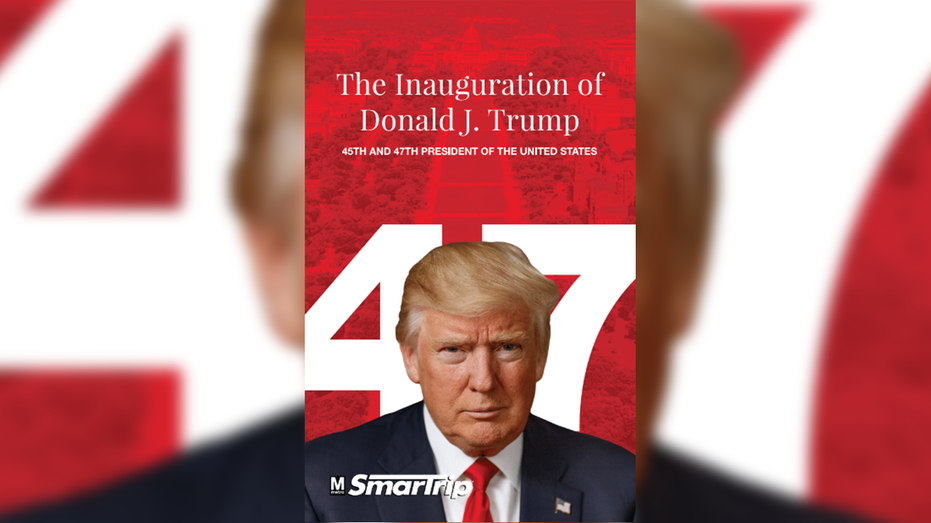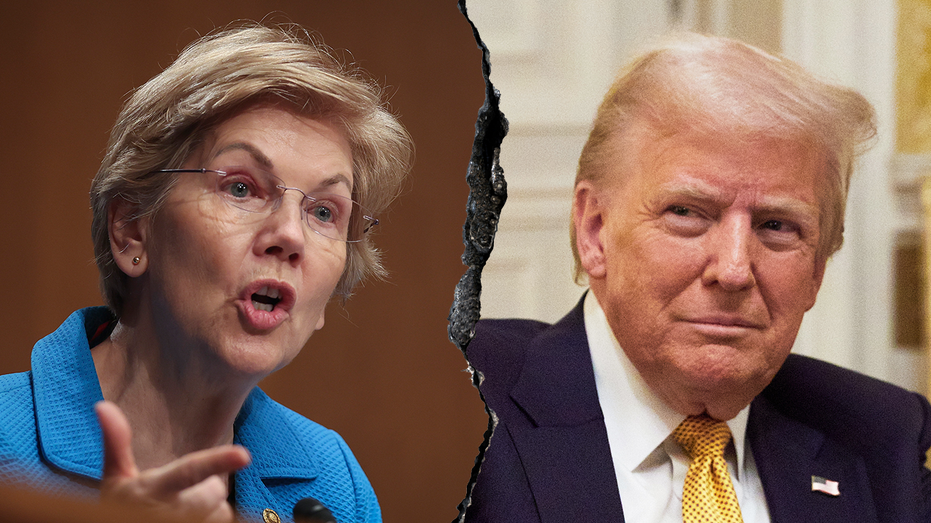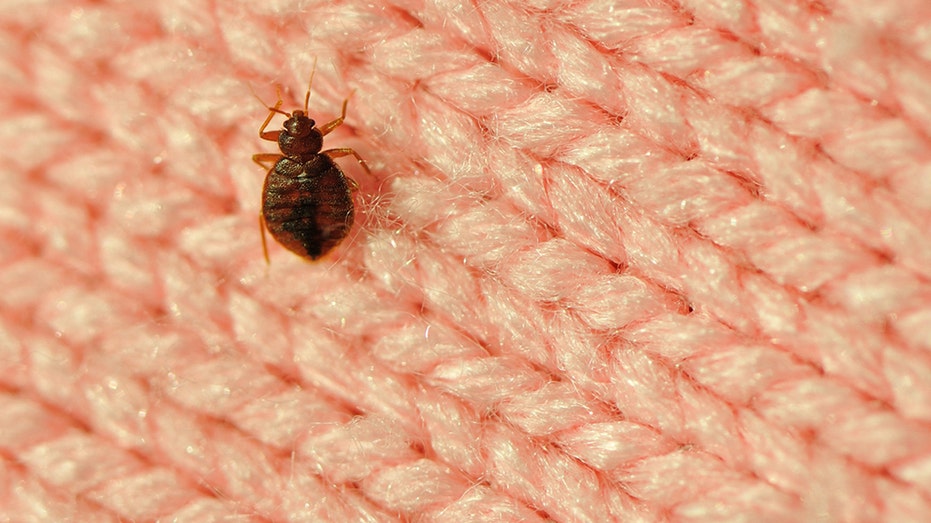- by foxnews
- 18 Jan 2025
Biden administration announces new bans on investments in China meant to protect national security

President Joe Biden's administration detailed new rules Wednesday limiting US investments in advanced technology industries in China in an effort to protect national security at a moment of heightened tension with Beijing.
The new rules would place restrictions on investments by US private equity and venture capital firms, as well as joint ventures, in Chinese artificial intelligence, quantum computing and semiconductors. The rules will be subject to a public comment period.
Long in the works, the new restrictions are meant to prevent American knowledge and money from flowing to China and to tighten the amount of cutting-edge technology available to the Chinese military.
Officials announcing the step repeatedly emphasized their goal was to limit US capital from aiding China's military - not to damage China's economy.
"This is a national security action, not an economic one. We recognize the important role that cross border investment flows play in US economic vitality, and this executive order [is] narrowly protecting our national security interests," one official said in a call with reporters Wednesday.
One critical purpose of the new executive order and forthcoming regulation is about limiting China's access to the "intangibles," like technical know-how or relationships with experts, that often accompany investment from venture capital or private equity firms, a senior official said.
"Ultimately, China doesn't need our money. They're a net capital exporter. So, the thing we're trying to prevent is not money going into China overall, because they have plenty of money, the thing they don't have is know-how," this official said.
The proposed rule is designed to target technologies most critical for military advancement, one official told CNN.
US Treasury Secretary Janet Yellen discussed the rules, which aim to delay China's technological and military advancement, in meetings with Chinese counterparts in early July.
Yellen, along with other top administration officials, have described the rules as limited in scope, intended not to damage China's economy but instead to protect American national security.
"You don't want the cutline to be so broad that you deny American companies revenue and China can get the products elsewhere, or China gets products from other countries, so what we're trying to do is be narrowly defined [and] work with our allies on these chokepoint technologies," Commerce Secretary Gina Raimondo said this summer at a forum.
US national security adviser Jake Sullivan described the measures as "tailored" in April.
"They are not, as Beijing says, a 'technology blockade'," he said.
The rules would also allow for greater government visibility into US investments in China by requiring companies to report their activity.
The United States and China are in the midst of tit-for-tat export restrictions involving high-tech products, following escalating concerns in Washington about the risk posed by Beijing to its national security.
Last October, the Biden administration unveiled a sweeping set of export controls that ban Chinese companies from buying advanced chips and chip-making equipment without a license.
Since then, officials have worked to finalize the new investment rules, including narrowing them to focus squarely on national security technology.
Some Republicans have been harshly critical, saying the moves took too long to enact and don't go far enough.
"Joe Biden's new rules are not even a half measure," said Nikki Haley, the former South Carolina governor and UN ambassador who is now running for the Republican presidential nomination. "They will do little to stop American money flowing to China's military through its tech companies. To stop funding China's military, we have to stop all US investment in China's critical technology and military companies - period."
China has complained bitterly about the rules, accusing the US of attempting to slow its economic growth. Chinese President Xi Jinping raised the issue of the chip restrictions in a conversation with Biden last year.
Still, Biden and his team have encouraged other countries to take similar steps to "de-risk" national security supply chains from China. The effort has gained traction in Europe.
At the same time, Biden has sought to stabilize the US-China relationship, including developing more robust communication mechanisms and sending top administration officials to China for talks. Aides have not ruled out a meeting between Biden and Xi on the sidelines of upcoming leaders summits.
When asked about potential retaliation by China, officials said the US has been direct and careful in their conversations with their counterparts and pointed to Beijing's longstanding and broad outbound investment regime.
"This is not about some sort of step change in in our economic relations with China, but instead really just reflects the evolving nature of technology and the fact that when we're thinking about how do we appropriately control military and dual use items, we do it in a way that is comprehensive and reflects the way that those might be acquired or developed today," an official told CNN.
- by foxnews
- descember 09, 2016
This 'hitchhiking' bug can travel on planes, follow passengers home: expert weighs in
A bug expert reveals that traveling is a common way for people to bring home the well-known, parasitic insects that are bedbugs - and yes, they can wind up on airplanes.
read more


